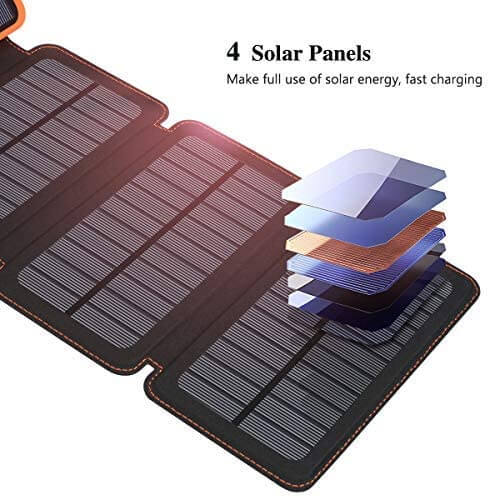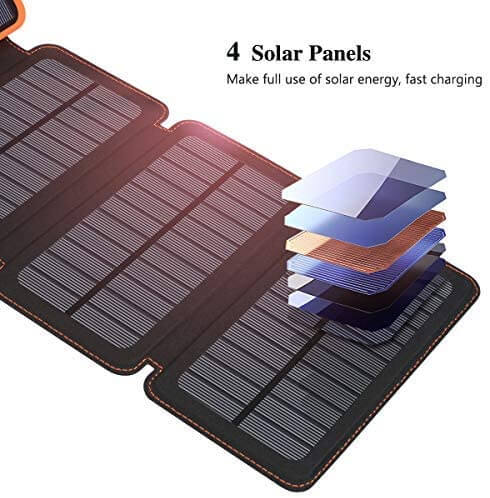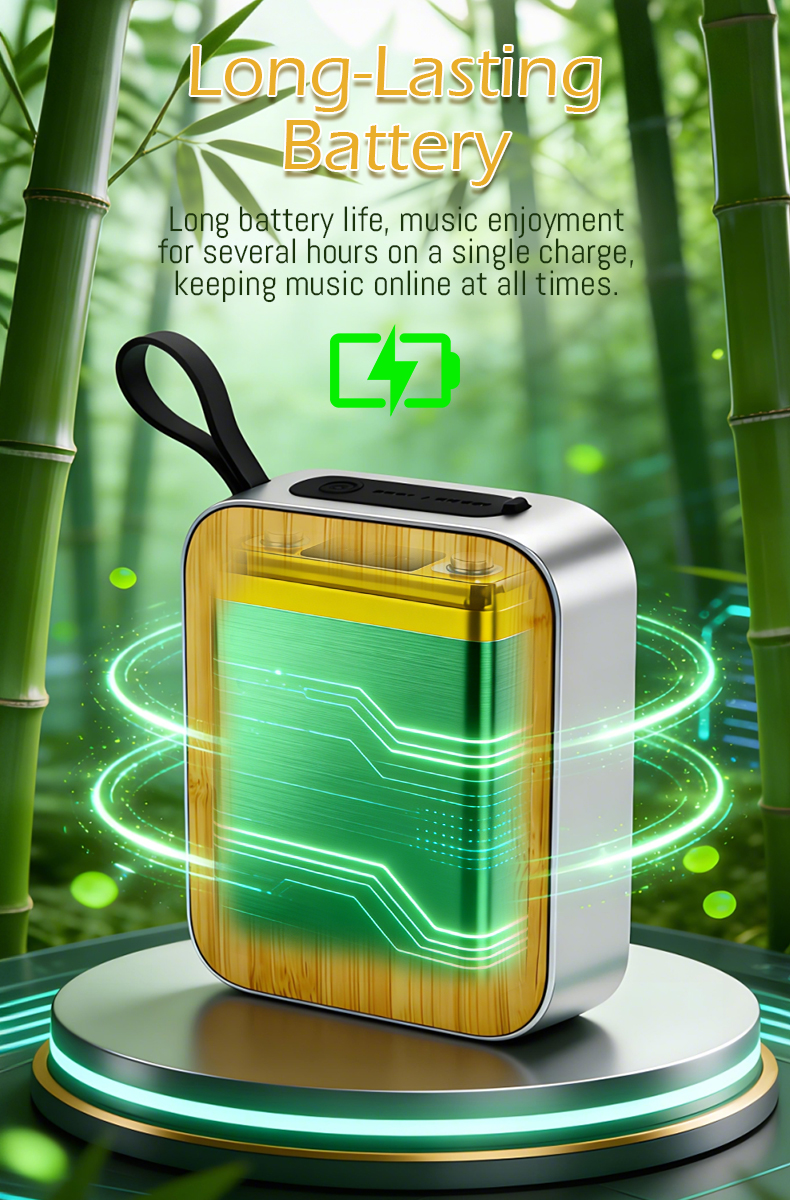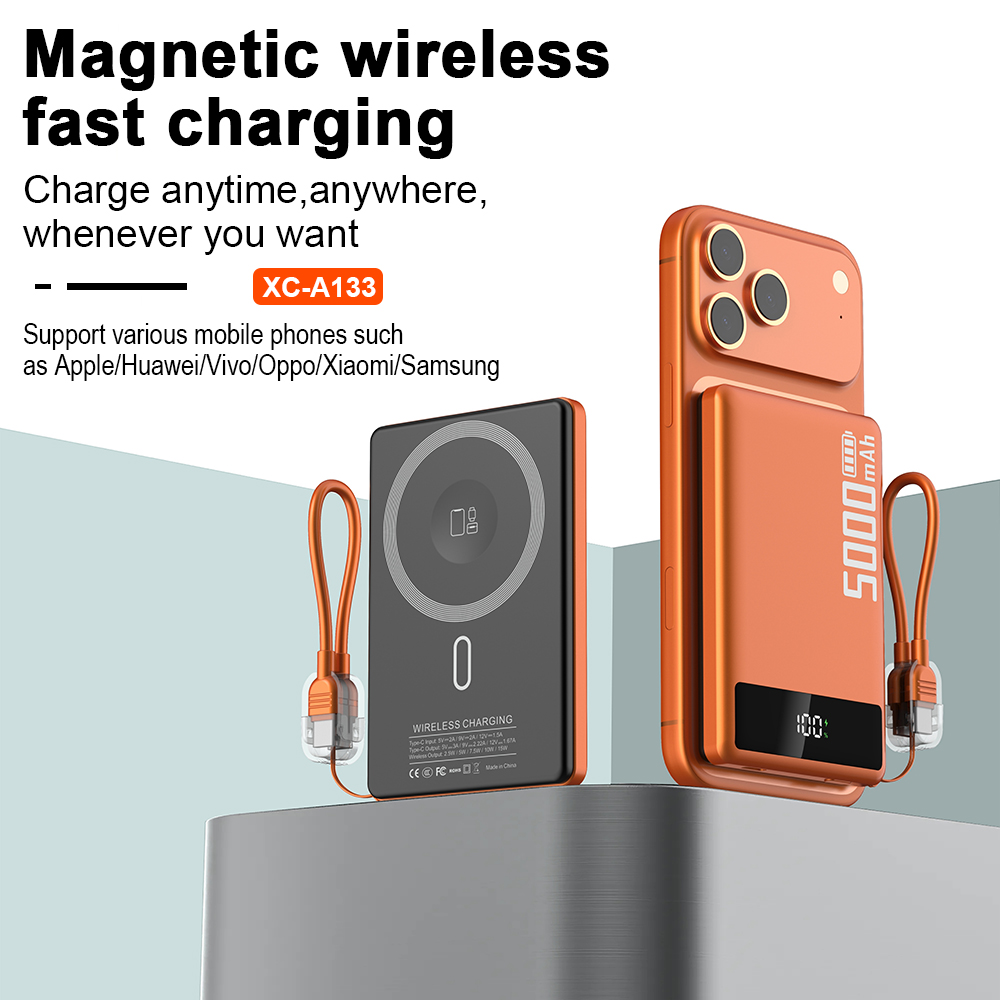Solar Battery Charger

Harnessing the Sun's Energy for Battery Charging Efficiency

In this rapidly advancing technological era, the solar battery charger has emerged as a game-changer, revolutionizing the way we charge and power our devices. Harnessing the abundant power of the sun, solar battery chargers offer users an environmentally friendly and cost-effective solution to keep their batteries fully charged. This comprehensive guide will delve into the intricacies of solar battery chargers, exploring their functionality, advantages, and applications.
1. How Does a Solar Battery Charger Work?
Solar battery chargers function through Photovoltaic (PV) technology, which converts solar energy into electrical energy. The solar panels present in the charger consist of photovoltaic cells that absorb sunlight and generate direct current (DC) electricity. The built-in charge controller manages the efficient transfer of this electricity to the battery by regulating the voltage and current flow. It ensures that the battery receives an optimal charge, preventing overcharging and damage. The solar battery charger typically includes an indicator to show the charging status, ensuring transparency for users.
2. Advantages and Benefits of Solar Battery Chargers
Solar battery chargers offer numerous advantages and benefits, making them a popular choice across various sectors. Firstly, they are environmentally friendly, as they rely on clean and renewable energy from the sun. Solar chargers can significantly reduce carbon emissions and contribute to sustainability efforts. Secondly, they provide independence from traditional power sources, making them ideal for outdoor enthusiasts and remote locations. Additionally, solar chargers are portable and lightweight, making them convenient for travel and outdoor activities.
Furthermore, solar battery chargers help save costs in the long run. While the initial investment may be higher, the absence of recurring electricity bills compensates for it in the long term. Additionally, solar chargers require little maintenance, reducing overall expenses. They are also versatile and compatible with various battery types, such as lithium-ion, lead-acid, and Ni-Cd batteries, further enhancing their appeal and practicality.
3. Applications and Future of Solar Battery Chargers
Solar battery chargers have a wide range of applications across various industries and sectors. They are extensively used in outdoor adventures, camping trips, and hiking, providing a reliable and sustainable power source for devices such as smartphones, GPS devices, and portable refrigerators. Solar chargers also find applications in rural areas with limited access to electricity, powering lights and small electronics.
Looking towards the future, the prospects for solar battery chargers are promising. With advancements in solar panel technology, higher energy conversion rates can be achieved, enhancing the efficiency of solar chargers. Additionally, research is underway to develop solar chargers with integrated energy storage, enabling users to store excess solar energy for later use. This innovation could potentially revolutionize the way we harness and utilize solar power.
Conclusion
Solar battery chargers have brought about a remarkable shift in how we charge and power our devices. By harnessing the sun's energy, these chargers provide an eco-friendly, cost-effective, and versatile solution. From outdoor adventures to rural areas with limited access to electricity, solar chargers offer endless possibilities. As we continue to embrace the potential of solar technology, the future holds even greater promise for solar battery chargers – a renewable energy source that empowers us all.




